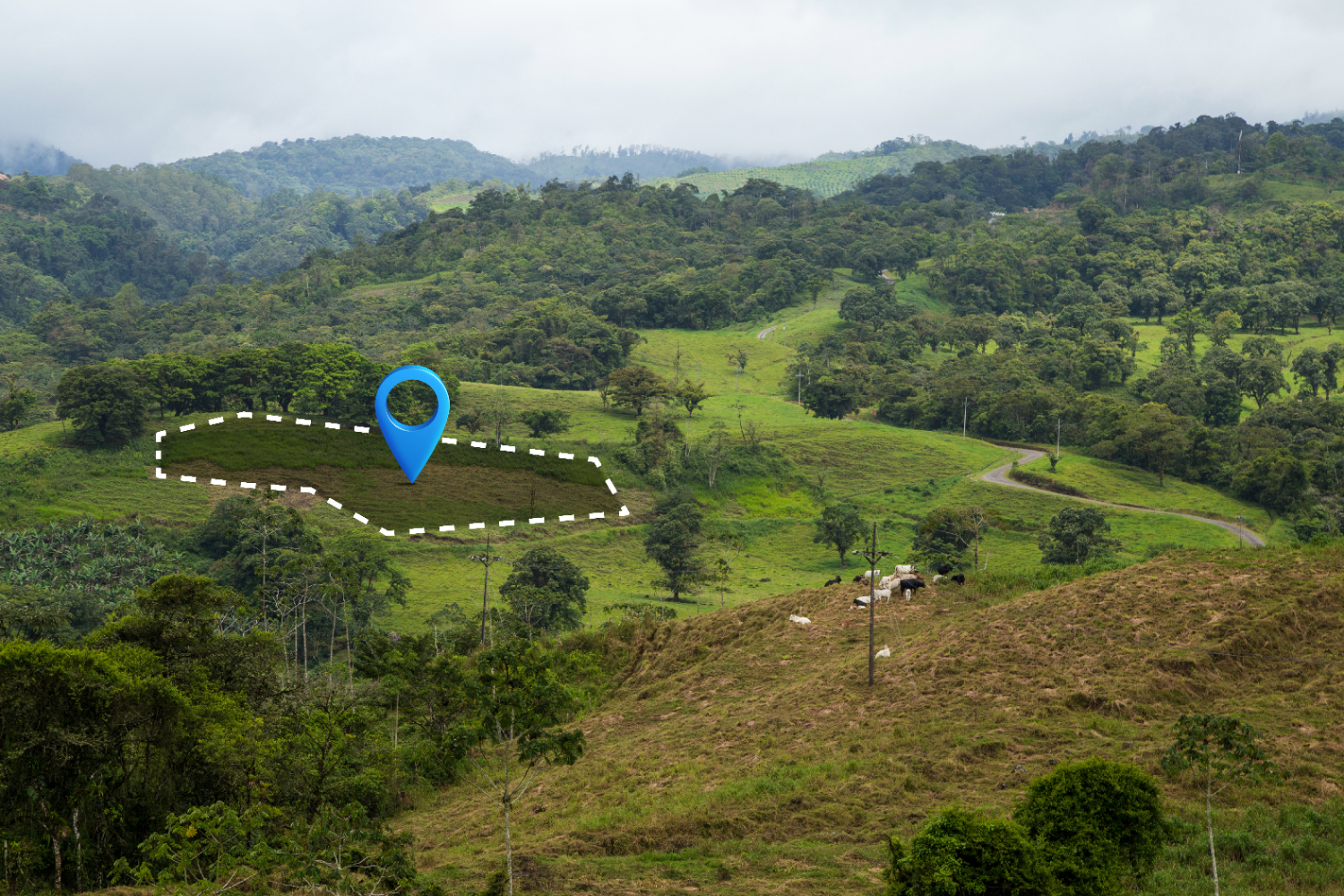Buying land is a significant investment that requires careful consideration and smart property research. Knowing exactly what you’re looking for and understanding the various factors that can affect your decision are key to making a wise purchase. Comprehensive research helps you avoid costly mistakes and ensures that the land you buy meets your specific needs.
The first step in this process is to define your objectives clearly. Are you planning to build a home, start a business, or invest for the future? Each goal has different requirements and conditions that need to be met. Understanding your objectives will guide the rest of your research and help you focus on what’s most important.
Gathering data on the location and its surroundings is another crucial component. This includes everything from geographic features and climate to local amenities and future development plans. Knowing more about the area helps you determine whether the land is suitable for your intended use.
Additionally, evaluating zoning laws and land use restrictions can save you from future legal headaches. Different areas have different rules about what can be built and how the land can be used. It’s essential to be aware of these regulations before committing to a purchase. By consulting experts and performing thorough due diligence, you can ensure a smooth buying process and secure a valuable piece of property.
Defining Your Objectives and Needs
Defining your objectives and needs is the first and perhaps most crucial step in smart property research. Knowing why you want to buy land helps narrow down your options and ensures you select a piece of property that aligns with your plans. Are you interested in building a home for your family, creating a vacation getaway, starting a farm, or investing in land for future profit? Each of these goals requires different conditions and characteristics in a parcel of land.
Make a list of your requirements and priorities. Consider factors like the size of the land, the type of terrain, access to utilities, and proximity to essential services like schools, hospitals, and grocery stores. If you plan to build, think about the type of structure you want and any specific features you need, such as a large yard or a quiet neighborhood.
It is also essential to think about your budget at this stage. Knowing what you can afford helps you focus on properties within your financial range. Include costs for potential clearing, grading, and any necessary permits or architect fees in your budget. By clearly defining your objectives and needs, you set a foundation for efficient and effective property research.
Gathering Data on the Location and Surroundings
Gathering data on the location and surroundings of potential parcels is a crucial step in property research. This involves looking at a wide range of factors that can affect the value and usability of the land. Start with geographic features: What is the terrain like? Is it hilly, flat, rocky, or forested? Geographic features can influence building costs and the type of structures suitable for the land.
Next, consider the climate of the area. Understanding the weather patterns helps you determine the best times for construction and whether the land is prone to natural disasters like floods or wildfires. Access to utilities such as water, electricity, and septic systems is another key aspect. Verify if these are already available or if they will need to be installed, which can add significant cost and time to your project.
Local amenities and future development plans significantly impact the desirability of the land. Research nearby schools, hospitals, shopping centers, and transportation links. Proximity to these amenities can enhance the value of your land and suit your lifestyle better. Additionally, look into any proposed developments in the area. Future construction of parks, highways, or commercial centers can both positively and negatively affect your property’s worth and usability.
By gathering detailed data on the location and surroundings, you make informed decisions that align with your objectives and avoid surprises down the road.
Evaluating Zoning Laws and Land Use Restrictions
Evaluating zoning laws and land use restrictions is an essential step that can make or break your land-buying decision. Zoning laws dictate what can be built on the land and how it can be used. These laws are set by local authorities and can vary significantly from one area to another. Ensure you understand the zoning classification of the land, such as residential, commercial, agricultural, or industrial.
Check for any specific restrictions that might apply to the land. For instance, if you’re planning to build a home, is the land zoned for single-family houses, or are there restrictions that limit the type of structures you can build? Some areas might have rules about the minimum lot size or the distance buildings must be set back from the road or other properties. Knowing these details early can save you from future legal issues and costly adjustments.
Another important aspect is understanding any easements or covenants attached to the land. An easement is a right that allows someone else to use part of your property for a specific purpose, such as utility lines. Covenants are agreements or promises that restrict how the land can be used or developed. Thoroughly reviewing these can prevent unpleasant surprises after purchase. Consulting the local planning or zoning office can provide clarity on these laws and restrictions.
Consulting with Experts and Performing Due Diligence
Consulting with experts and performing due diligence are critical steps to ensure a successful land purchase. Real estate agents, lawyers, and surveyors can offer valuable insights and prevent costly mistakes. A real estate agent experienced in land transactions can help you navigate the complexities of the buying process and provide local market knowledge. They can identify potential issues with a property that might not be obvious at first glance.
Hiring a lawyer to review contracts and agreements is also a wise move. They can scrutinize legal documents to ensure your interests are protected and explain any complicated terms. A lawyer can also assist with understanding any covenants, easements, and zoning restrictions that apply to the land.
Performing thorough due diligence includes conducting environmental assessments, soil tests, and boundary surveys. Environmental assessments can reveal any contamination or hazardous materials on the land that could affect your ability to use it. Soil tests determine whether the ground is suitable for building and can support structures. Boundary surveys confirm the exact edges of the property, helping to avoid disputes with neighbors.
Acting on expert advice and undertaking comprehensive due diligence give you the confidence that you’re making an informed and secure investment.
Conclusion
Effective property research is key to making a smart land purchase. By defining your objectives and needs, you set a clear path toward finding the right property. Gathering data on location and surroundings helps you assess if the land meets your requirements. Understanding zoning laws and land use restrictions ensures you can use the land as intended without legal complications. Consulting with experts and performing due diligence provides the final layer of assurance that your investment is sound.
Taking these steps not only saves you time and money but also helps you avoid potential pitfalls. Thoughtful and thorough research ensures that the land you buy aligns with your goals and adds value to your life.
Ready to start your land buy and sell journey with confidence? Contact Azimuth Land Investments LLC for expert guidance and a seamless purchasing experience.




